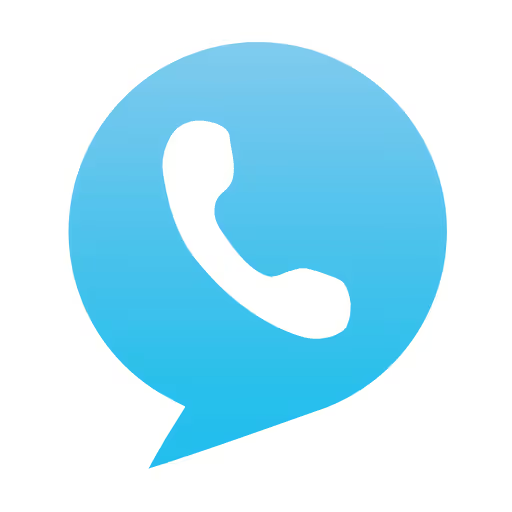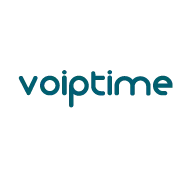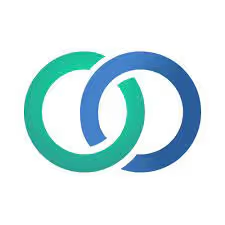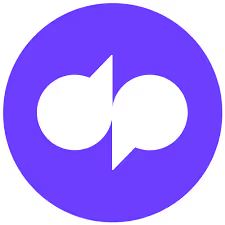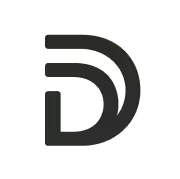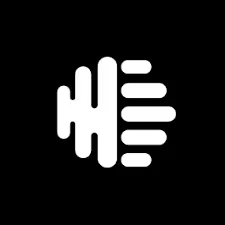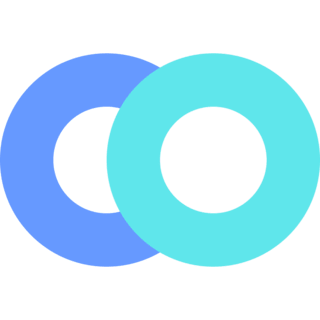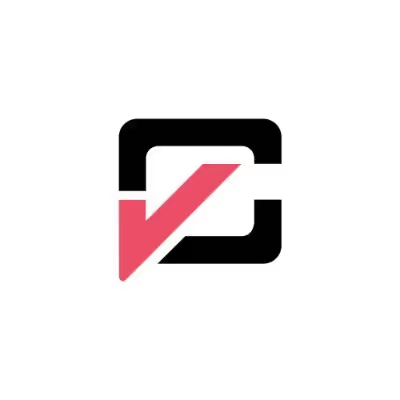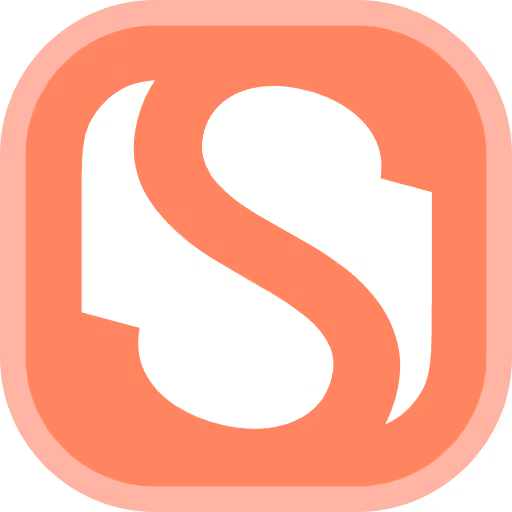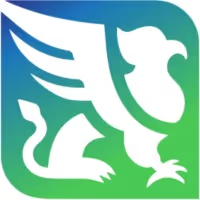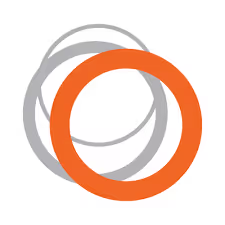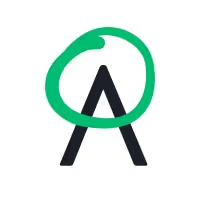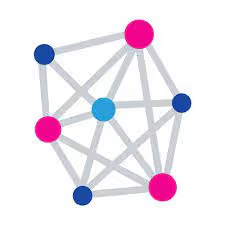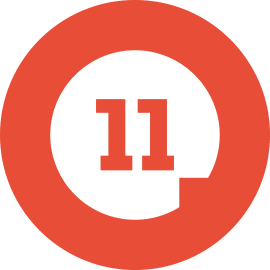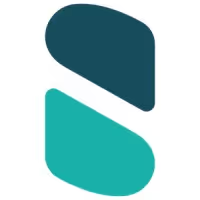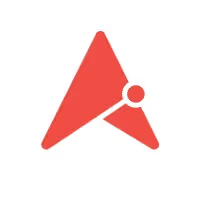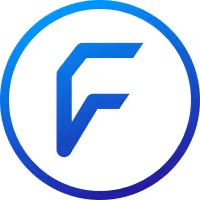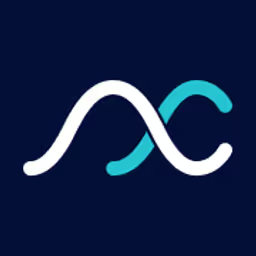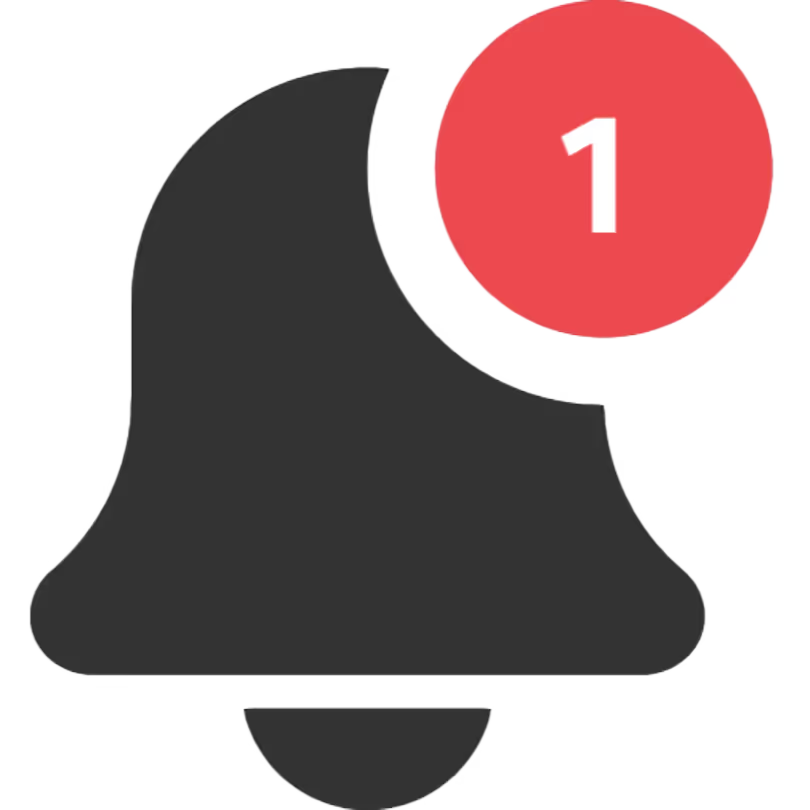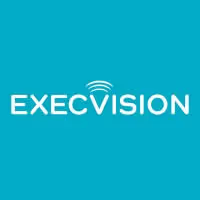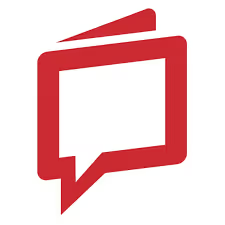Sales coaching software records your sales calls and tells you what went wrong. A manager can see that their rep talked 80% of the call instead of listening, or missed asking about budget entirely. These tools take the guesswork out of why deals fall through by showing you exactly what happened during customer conversations.
The technology works by connecting to your phone system, Zoom, or email to capture interactions automatically. It turns speech into text, then scans for specific things like whether the rep asked discovery questions, how the customer sounded, and if they covered key talking points. You get call transcripts, scores based on your company's criteria, and reports showing patterns across your team. Some sales coaching tools pop up suggestions during live calls, like showing a battle card when a customer mentions a competitor.
This is different from your CRM or sales training platform. Your CRM stores deal information, and training platforms deliver courses and content. Call coaching software focuses specifically on what happens during conversations with prospects. Instead of relying on a rep's memory of how a call went, managers can listen to recordings, see exactly where objections came up, and spot the differences between calls that close and calls that don't.
Companies use this software to get new hires up to speed faster through recorded practice sessions, ensure compliance teams hit required talking points, and help managers give specific feedback instead of vague suggestions. A SaaS company might discover their best reps always ask about implementation timeline in the first call, then train everyone else to do the same. Sales manager coaching tools are becoming standard in most B2B companies because they show you the actual words and behaviors that lead to closed deals.
